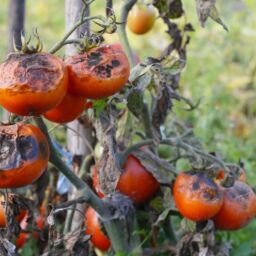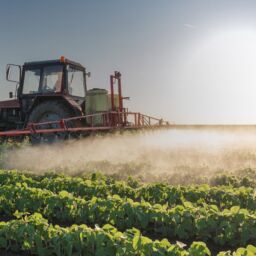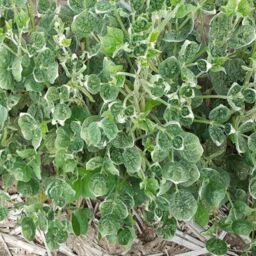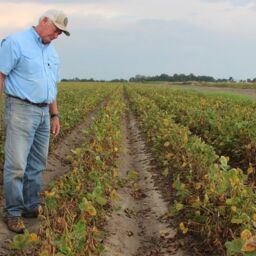Bayer | Investigate Midwest | Johnathan Hettinger | June 24, 2020
“Bayer has reached a $400 million settlement with farmers whose crops have been damaged by drift from the herbicide dicamba, the company announced Wednesday. The settlement was announced alongside the company’s $10 billion settlement over claims that the herbicide Roundup causes cancer.
The two settlements, along with a third settlement over PCBs, help Bayer resolve legal disputes that have been hanging over the company’s head since it bought agribusiness giant Monsanto in 2018.
Dicamba, a volatile weed killer that has been used since the 1960s, has been blamed for damage to millions of acres of crops since Monsanto introduced new genetically engineered soybean and cotton seeds resistant to the herbicide beginning in 2015. The cropping system, which also included new versions of dicamba that were alleged to be less volatile than previous versions that were sold starting in the 2017 growing season, was designed to be the successor to Roundup, which is becoming increasingly less effective as more weeds become resistant to its active ingredient, glyphosate. The dicamba-tolerant crops were touted as the largest biotechnology launch in the history of Monsanto. Damage has continued every growing season.
Bayer said in a news release that they expect BASF, which also makes a low-volatility dicamba herbicide and was a party to the lawsuits, to contribute to the settlement. The companies have blamed other factors for the damage, including farmers making illegal applications, older versions of dicamba, and disease.
Earlier this month, the U.S. Ninth Circuit Court of Appeals banned dicamba for over the top use on cotton and soybeans, after finding that the U.S. Environmental Protection Agency ignored risks posed by the weed killer to other farmers and the natural environment. The EPA said farmers have until July 31 to spray all existing stocks of dicamba.
The company agreed to pay up to $300 million to soybean producers and an additional amount to specialty farmers whose crops have been damaged, according to the release. The settlement also includes legal fees, litigation expenses, settlement administration fees, and is valued at up to $400 million. The settlement covers all claims in a multi-district litigation, which includes farmers in several states, in the U.S. District Court for the Eastern District of Missouri for crop years 2015 through 2020.
The settlement does not just cover farmers who have filed a lawsuit; in the coming months, a process will be created for any soybean farmer who has suffered yield loss due to dicamba drift, said Paul Lesko, an attorney with Peiffer, Wolf, Carr, Kane & Conway, who was one of the firms involved in the litigation.
Farmers who have claims will have to submit evidence that they suffered dicamba damage in order to collect money, Bayer said in the news release.
Earlier this year, a federal jury in Cape Girardeau, Missouri, awarded $265 million to a Missouri peach farmer who alleged damage to their crops. Bayer appealed that decision, which included $15 million in actual damages and $250 million in punitive damages, and that case is not included in this settlement.
Documents presented in court in that case showed that Monsanto expected thousands of drift complaints from farmers, limited its own employees in testing the herbicide in order to get a smooth approval from the EPA and expected the herbicide’s propensity to damage its competitors’ crops to lead to higher sales of its dicamba-tolerant soybean and cotton seeds.
[…]”
FREE Consultation | 314-833-4826
Dicamba Damage Lawyers at Peiffer Wolf Carr Kane & Conway are fighting on behalf of farmers and landowners to seek maximum compensation for the damages suffered due to Dicamba Damage. If you suspect that your crops or plants have been damaged by dicamba, contact Peiffer Wolf Carr Kane & Conway by filling out a Contact Form or by calling 314-833-4826 for a FREE Consultation.














